Imagine that you have finally decided to quit drinking and you say goodbye to the bottle for life, all set to live a happier and a much healthier life. But as soon as you quit drinking and start walking towards the healthy path of life, you feel a hitch in your stomach. This unexpected painful hitch is what we define as ‘constipation’
In this article, we will discuss this issue in detail and answer your question can quitting drinking cause constipation?
So, let’s get started!
What is Constipation?
Constipation is a common digestive issue characterized by infrequent or difficult bowel movements. It occurs when stool moves too slowly through the colon, leading to hard and dry stool, making it challenging to pass.
Constipation affects the digestive system by disrupting the regular and smooth flow of waste through the intestines, often causing discomfort, bloating, and the accumulation of stool in the colon.
Alcohol Cessation and Constipation
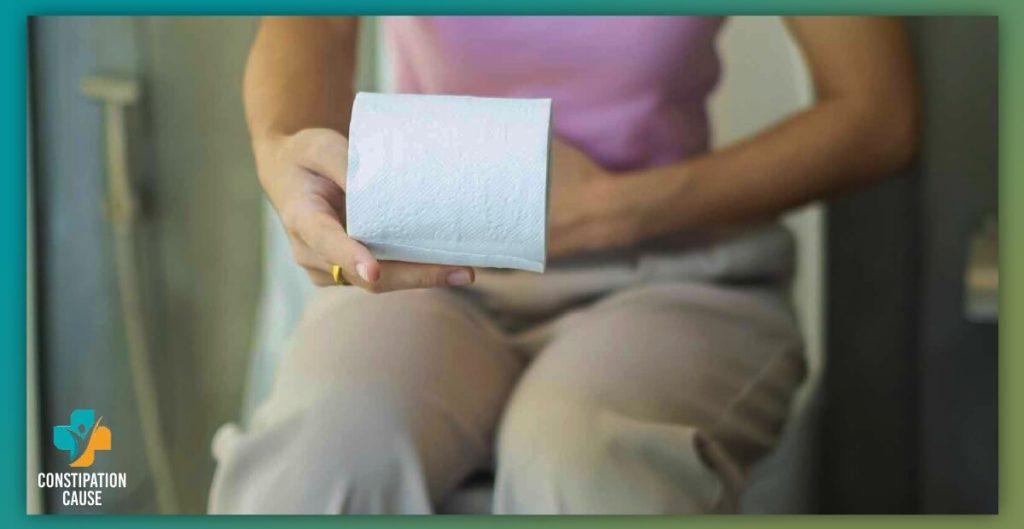
Digestive troubles when quitting drinking are complex and it can contribute to constipation in several ways:
- Dehydration: Alcohol is a diuretic, which means it encourages the body to expel more fluids through urine. This can lead to dehydration, resulting in harder and drier stool that is difficult to pass, a hallmark of constipation.
- Disrupted Bowel Movements: Alcohol can disrupt the normal contractions of the digestive muscles, affecting the movement of food and waste through the gastrointestinal tract. This disruption may lead to irregular or slowed bowel movements, contributing to constipation.
- Nutritional Deficiencies: Chronic alcohol consumption can result in poor dietary choices and malnutrition, leading to a lack of dietary fiber and other essential nutrients necessary for regular bowel function. A low-fiber diet is a common factor in constipation.
- Gut Inflammation: Alcohol can irritate the lining of the gastrointestinal tract, causing inflammation in the stomach and intestines. This inflammation can affect the smooth passage of stool through the colon.
- Altered Microbiome: Excessive alcohol intake can negatively impact the gut microbiome, disrupting the balance of beneficial bacteria that play a role in digestion and maintaining gut health.
- Neurological Effects: Alcohol’s influence on the nervous system can lead to imbalances in the enteric nervous system, which controls digestion. This can affect the rhythmic contractions of the intestines necessary for regular bowel movements.
Alcohol’s Effects on the Digestive System
Alcohol has notable effects on the digestive system, impacting various organs and processes. Upon consumption, alcohol enters the stomach and small intestine, where it is absorbed into the bloodstream. The liver, a key player in digestion, metabolizes alcohol, but excessive drinking can overwhelm the liver’s capacity, leading to inflammation and potential long-term damage. This process may compromise the liver’s ability to produce enzymes necessary for digestion, affecting nutrient absorption.
Furthermore, alcohol can irritate the digestive tract, causing inflammation in the stomach lining and impairing the function of the gastrointestinal muscles. This disruption can contribute to issues such as acid reflux, gastritis, and an increased risk of gastrointestinal bleeding. The delicate balance of the digestive system is thus perturbed by alcohol, emphasizing the importance of moderation for maintaining optimal digestive health. In a similar vein, exploring the effects of specific hydration products like Liquid IV on digestive well-being raises questions about their potential role in conditions such as constipation. Check it!
Motivation for Quitting Drinking and Its Relation to Digestive Issues
Impact of quitting alcohol on digestion and overall well-being is as followed:
- Improved Health
- Weight Management
- Reduced Risk of Gastrointestinal Cancers
- Digestive Discomfort
- Alleviating Gastric Issues
- Improved Bowel Regularity
- Alcohol and Bowel Disorders
- Enhanced Nutrient Absorption
- Overall Wellness
Changes upon Quitting Drinking
When you decide to quit drinking, your body responds in remarkable ways, and the impact of quitting alcohol on digestion can be seen almost immediately. Here are some of the immediate changes you may experience:
- Reduced Gastric Distress
- Less Bloating
- Improved Hydration
- Balanced Blood Sugar
- Enhanced Nutrient Absorption
- Improved Sleep
- Balanced Stomach Acidity
- Better Bowel Movements
Adjustment Period after Quitting Alcohol and Its Impact on Digestion

After alcohol detoxification and bowel movements, the body undergoes a notable adjustment period, and during this time, it impacts digestion in several ways:
- Stabilizing Gut Microbiome: The gut microbiome, responsible for digestion and nutrient absorption, starts to stabilize. Alcohol can disrupt this delicate balance, and the adjustment period allows the microbiome to recover and function more efficiently.
- Improved Nutrient Absorption: With the cessation of alcohol intake, the gastrointestinal tract becomes better at absorbing essential nutrients, such as vitamins and minerals. This improved nutrient absorption enhances overall digestive health and supports bodily functions.
- Reduction in Gastric Irritation: The irritation caused by alcohol on the stomach lining begins to subside during the adjustment period. As a result, individuals often experience reduced gastritis symptoms and less frequent acid reflux.
- Balanced Enzyme Production: The body adjusts its enzyme production to assist in digestion. This helps maintain optimal digestive function, ensuring efficient processing of food.
- Restored Liver Function: The liver, a central organ in digestion and detoxification, begins to recover. As it repairs itself, it becomes more efficient at processing nutrients and toxins, which positively affects digestion.
- Regular Bowel Movements: One of the most noticeable effects of the adjustment period is the improvement in bowel regularity. Constipation, a common issue among heavy drinkers, often eases as the digestive system recalibrates.
- Reduction in Bloating: The reduced intake of alcohol leads to less water retention and bloating, contributing to a more comfortable digestive experience.
- Steadier Blood Sugar Levels: Blood sugar levels stabilize as the body no longer contends with the impact of alcohol. This reduces sugar cravings and overeating, promoting better digestion.
- Enhanced Hydration: Quitting drinking allows for improved hydration levels, which leads to softer and more regular bowel movements, supporting digestive health.
- Improved Sleep Patterns: Better sleep patterns emerge during the adjustment period, which can have a significant impact on digestion. Restful sleep enhances overall well-being and the efficiency of digestive processes.
Potential Causes of Constipation
- Dehydration: Alcohol’s diuretic effect can lead to dehydration, resulting in dry, hard stool.
- Dietary Changes: Individuals may replace alcohol with low-fiber or constipating foods.
- Gut Microbiome: Alcohol cessation can alter the gut microbiome, impacting digestive regularity.
- Medication Effects: Certain medications taken during recovery may cause constipation.
- Stress and Anxiety: The adjustment period can lead to stress, which may affect bowel movements.
- Nutritional Imbalance: Nutritional deficiencies post-alcohol can impact digestive health.
- Lifestyle Changes: Quitting alcohol may coincide with a less active lifestyle, slowing digestion.
Coping with Constipation
Here’s how to manage constipation:
Natural Remedies for Alleviating Constipation:
- Hydration
- Fiber-Rich Diet
- Prunes and Prune Juice
- Regular Physical Activity
- Adequate Rest
- Stress Reduction
- Probiotics
- Fiber Supplements
Medical Intervention for Constipation during Alcohol Withdrawal

In some cases, constipation during the alcohol withdrawal process may become severe or persistent, warranting medical intervention. Seek medical advice if you experience:
- Severe Discomfort
- Long-Term Constipation
- Rectal Bleeding or Hemorrhoids
- History of Digestive Disorders
- Symptoms of Impaction
Staying Active during Alcohol Withdrawal
Regular physical activity during the alcohol withdrawal process offers numerous benefits for both the body and the mind. Here’s why staying active is crucial:
- Stress Reduction: Exercise is a powerful stress-reducer. Alcohol withdrawal can be emotionally taxing, and physical activity helps alleviate stress and anxiety, promoting mental well-being.
- Improved Mood: Physical activity triggers the release of endorphins, which are natural mood enhancers. This can help combat feelings of depression and enhance overall emotional health.
- Better Sleep: Regular exercise can lead to more restful sleep, which is vital during the withdrawal process. Adequate sleep helps the body recover and maintain mental and emotional stability.
- Digestive Health: Exercise stimulates bowel movements, helping to prevent or alleviate constipation, a common concern during alcohol withdrawal.
- Appetite Regulation: Physical activity can help regulate appetite, preventing overeating or underrating during the withdrawal phase, which can impact overall health.
- Distraction: Engaging in physical activities offers a healthy distraction from alcohol cravings and withdrawal-related discomfort.
- Routine and Discipline: Establishing a workout routine provides structure and discipline, which can be essential for maintaining a sober and healthy lifestyle.
- Social Interaction: Participating in group fitness classes or sports can facilitate social interaction and support, reducing feelings of isolation during withdrawal.
- Physical Well-Being: Exercise contributes to improved cardiovascular health, muscle strength, and overall physical well-being. This can be motivating and build self-confidence.
- Enhanced Recovery: Staying active can accelerate the body’s recovery process, supporting the restoration of physical health more efficiently.
It’s essential to consult with a healthcare professional before starting an exercise regimen, especially during alcohol withdrawal, to ensure it’s safe and appropriate for your individual circumstances. But when done thoughtfully and safely, physical activity can be a powerful tool for promoting a healthier, happier life after alcohol cessation.
Conclusion
In conclusion, to those on the path of quitting drinking and dealing with the discomfort of constipation, remember that you are beginning on a courageous journey towards improved health and well-being. The initial challenges you face, including digestive adjustments, are a testament to your commitment to a better life. While constipation can be frustrating, it’s a temporary phase that can be managed with patience and the right choices. Stay hydrated, embrace a fiber-rich diet, and consider the natural remedies outlined in this article. And most importantly, don’t hesitate to seek medical advice if needed. You’re not alone on this path, and each step you take is a step towards a brighter, healthier future. Keep going, and remember that there’s a supportive community and healthcare professionals ready to assist you every step of the way.
I hope this article answered your question can quitting drinking cause constipation?
Frequently Asked Questions
Can quitting drinking lead to diarrhea instead of constipation?
Yes, quitting drinking can sometimes lead to diarrhea as the digestive system adjusts.
How long does constipation typically last after quitting alcohol?
Constipation after quitting alcohol may last a few days to several weeks.
Are there specific foods that can help relieve constipation during this period?
Foods high in fiber, such as fruits, vegetables, and whole grains, can help relieve constipation.
Can constipation be a sign of a more serious medical issue during alcohol withdrawal?
Yes, severe or prolonged constipation during alcohol withdrawal should be evaluated by a healthcare professional.
Is it common to experience digestive issues when quitting alcohol?
Yes, it’s common to experience digestive issues like constipation when quitting alcohol due to various factors like dietary changes and dehydration.
Can stopping drinking affect your bowels?
Yes, stopping drinking can initially lead to changes in bowel habits as the body adjusts to the absence of alcohol. It may cause either constipation or diarrhea, but these effects are typically temporary.
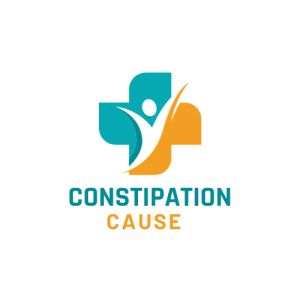
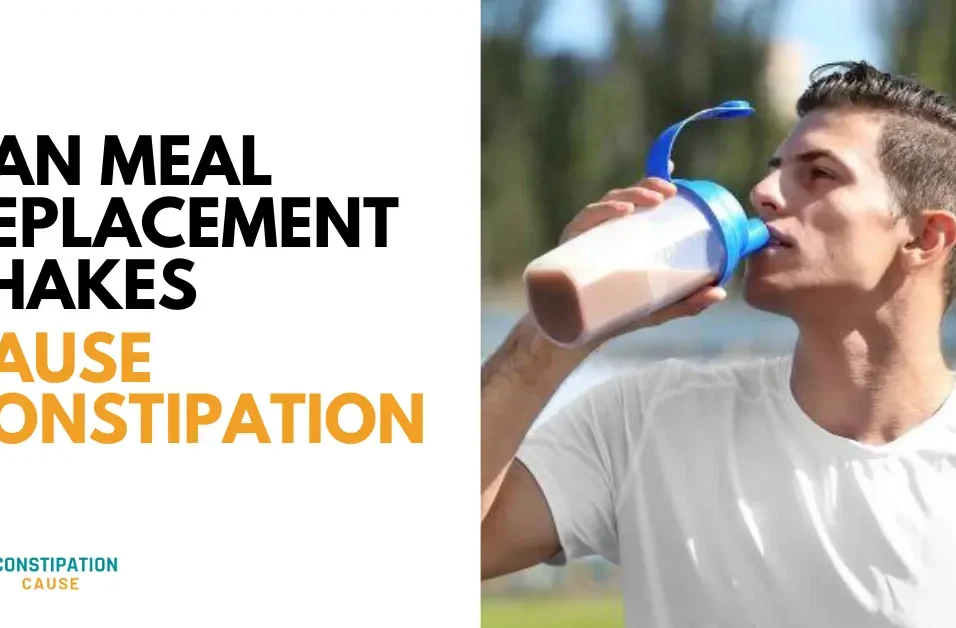

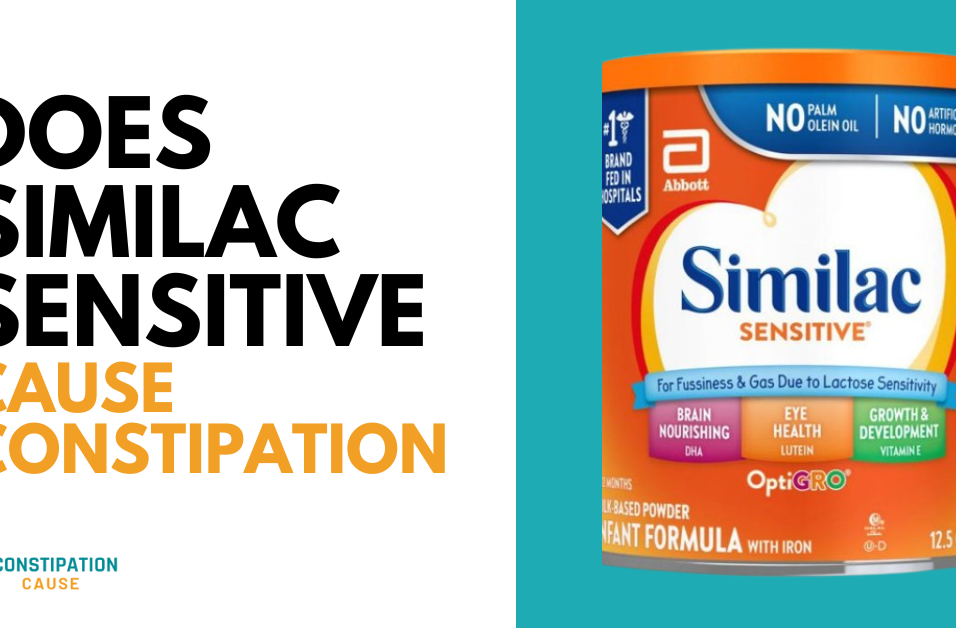
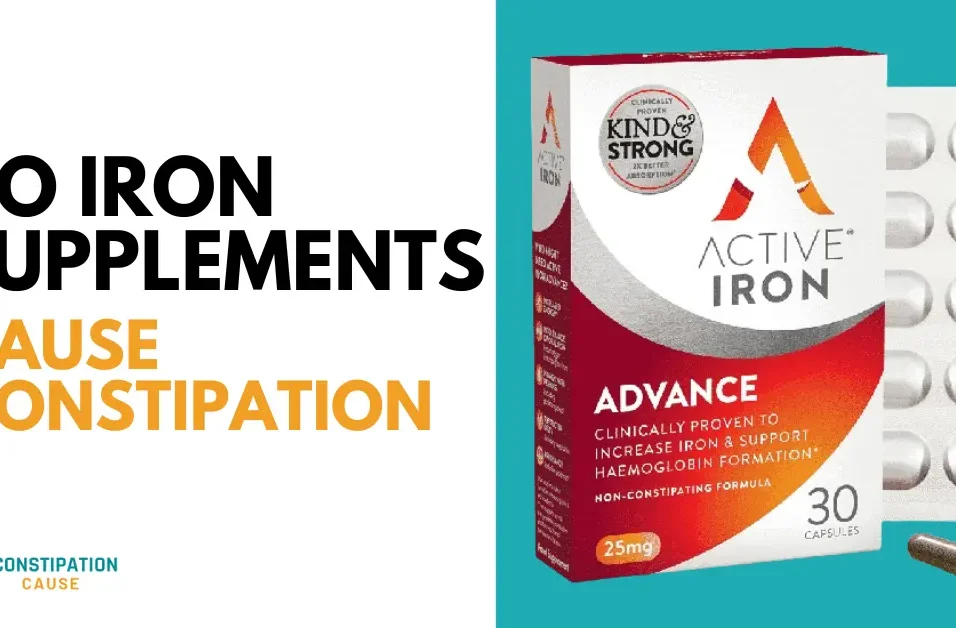
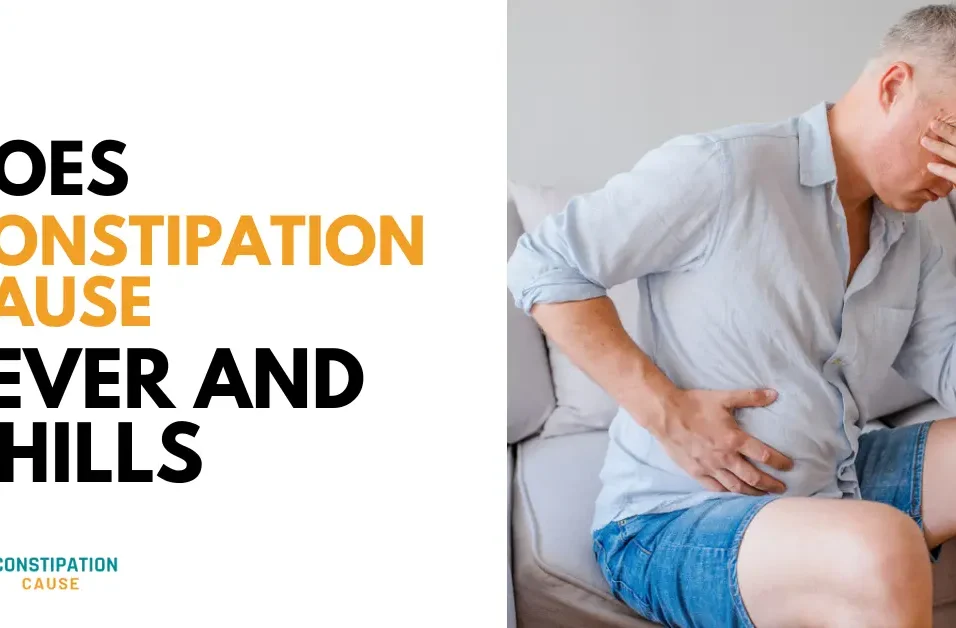


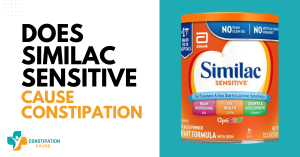
Leave feedback about this